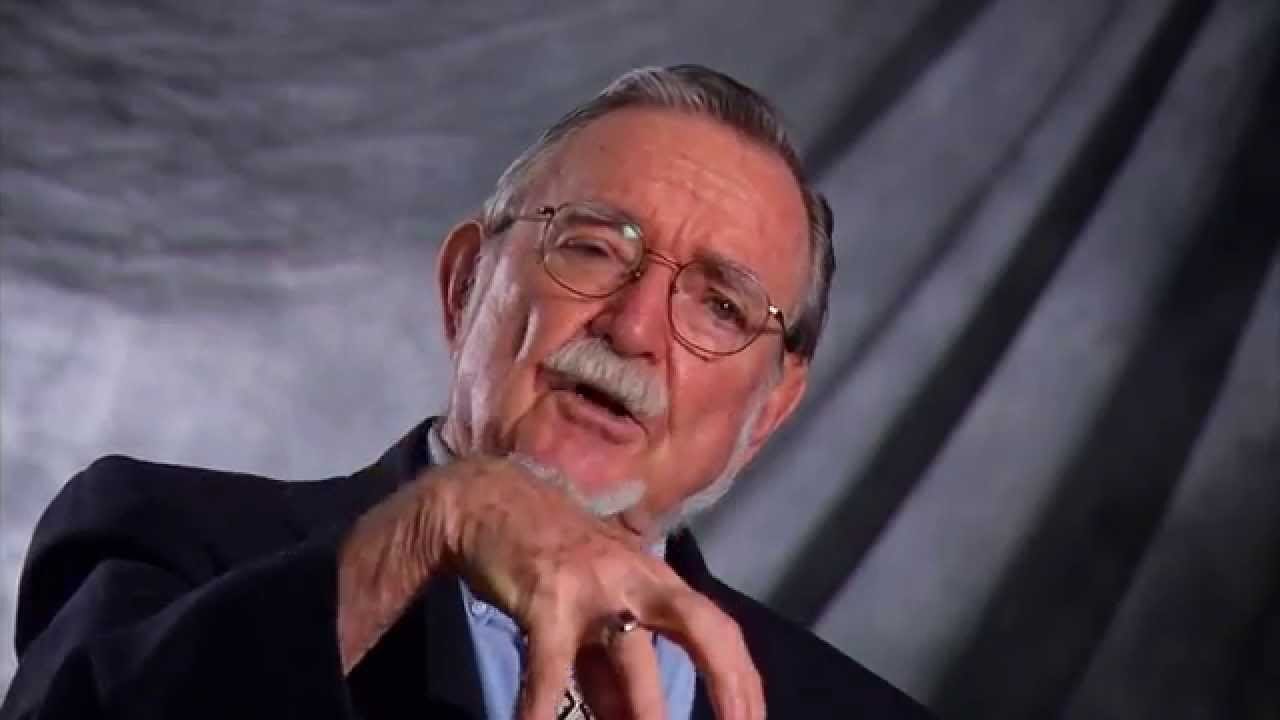72. Farewell to John McKnight: pioneer of Asset Based Community Development
John’s last monograph 'From Reform to What Works Moving from the limits of institutions to a culture powered by neighbors' is typically full of wisdom, idealism and pragmatism - and a hint of SF
News has come through of the death of John L McKnight on 2 November 2024 at his home in Evanston IL at the age of 92. John was an extraordinary man; a ‘public citizen and activist extraordinaire’, perhaps the key figure in the emergence of the Asset Based Community Development (ABCD) movement, who worked to the last to help the world understand how we can take more active roles in our own well-being through local communities rather than relying on institutions.
John’s journey
John McKnight was born in Ohio in 1931 and moved around a lot as a child (seven neithbourhoods and small towns before his eighteenth birthday). He went to college at Northwestern University where he actively opposed segregation and did three years ‘postgraduate development’ in the US Navy, serving in Korea. Returning to the USA John engaged further in the civil rights movement before joining the federal government under President John F Kennedy, working with a new organisation to create affirmative action programs.
Moving back to Northwestern University in 1969, John was instrumental in creating the Center for Urban Affairs, a group doing interdisciplinary research designed to support urban change and progressive urban policy. The university boldly gave him a tenured professorship even though he only had a bachelor’s degree. McKnight and his colleague Jody Kreutzmann began to focus on urban neighbourhood communities. They journeyed around the US for four years looking at how successful communities emerged and to explore how residents cared for one another through their collective efforts. They discovered the ‘asset-based’ view that communities were formed based around local resources, capacities and relationships rather than money. Indeed, low-income communities facing hardship can, and often do, become stronger and prosper. He even trained a young Barack Obama in community organising.
This journey led to the publication of the classic community building book Building Communities from the Inside Out: A Path Toward Finding and Mobilizing a Community's Assets (free PDF download). John McKnight and Jody Kreutzmann founded the Asset Based Community Development Institute in 1995. John never lost sight of the desire for communities to organise themselves around the basis of assets rather than deficits, “starting with what’s strong, not with what’s wrong”. He wrote several books including most recently The Connected Community (with Cormac Russell, 2022). Along with ABCD enthusiasts and practitioners around the world, Cormac and his Nurture Development organisation continue to carry the flag for helping communities help themselves.
Associations and Institutions
John McKnight was passionate about what he called ‘associational life’; the way people come together to act together for their own benefit. He contrasts this with ‘institutions’ which exist to deliver a service to someone else, a useful but also different concept. Let’s have a look at the distinctions:
Briefly, institutions exist to deliver a product or service to consumers and users. They organise to support that activity and have responsibilities to various stakeholder groups including shareholders, funders, their staff and suppliers as well as their customers. Communities, by contrast, are self-supporting groups where the people act for themselves and others around them. The images are, again, the triangle for the institution and the circle for the community.
It’s worth pointing out a couple of key distinctions here. The people in the institution are replaceable; if the finance person leaves, they are replaced by another. All the little heads in the triangle are the same; it’s not supposed to matter much who they are (as people) but whether they can carry out their function. When the finance person leaves, they are replaced by the new finance person. In the community the heads are different; everyone is their own person and it matters very much who they are and what they bring in terms of experience, skills, passions and gifts. When Derek moves out of Number 24 and Angela moves in, she is not the ‘new Derek’; she is her own person with her own life and interests.
Another key distinction is that the institution functions by people acting by transaction. Folk are paid to do their jobs, which are mainly defined by the institution for its own functioning. There is nothing wrong with this at all, indeed it’s a vital part of making the world work. Communities don’t work like that at all. The people act (mostly) voluntarily to do things which benefit other community members. The activity is much more mutual, with the community gathering around their gifts and resources (as seen in the centre of the circle). One result of this is that communities act by the mutual commitment of their members, a ‘promise among peers’ that things will happen, rather than the threat of non-payment, disciplinary action or worse which hangs around institutions (again, nothing in principle wrong with this, it’s just a different way of working).
From Reform to What Works: Moving from the limits of institutions
John McKnight’s last published writing in April 2024 is a monograph about the limits of institutions and how communities can move on in new ways. The short booklet contains thirteen stories of communities in the USA, Canada and the Netherlands which succeeded in replacing institutions by recovering and using associational work; assuming authority for key aspects of their well-being. There are some startling revelations; the official who got more results from distributing small $100 grants to citizens than from millions in block grants, the police chief who worked with neighbourhood groups to take over functions that the police were doing but shouldn’t be, the neighbourhood ‘idea-slam’ that led to a blooming of new relationships and actions. And best of all, you can read it free by downloading it here.
A Solution Focused perspective
As far as I know, John McKnight and his colleagues were not aware of the Solution Focused (SF) approach that I have been involved with since 1993. SF practice emerged in the therapy field around 1987, and I have been one of those championing this way of thinking and working in other fields and, more recently, communities with my Village In The City work. There are several key parallels:
Working from resources – strengths, skills, passions, hopes, experiences – is key in both fields. Indeed, the phrase ‘start from what’s strong, not what’s wrong’ could well be an SF maxim.
John McKnight and Jody Kreutzmann didn’t start out to build a theory of community; rather they went out and visited, observed and talked to communities in the process of development and discovered what was working. That’s a very SF way to proceed.
ABCD sets out to help people and communities help themselves by taking action and drawing on their resources in ways which are sustainable without external support. In a similar way, SF practitioners seek to ‘leave no footprints’ in the lives of clients, who think (correctly) that they did the key work themselves.
While there are some key common ideas about building communities and associational life, in the end every community is different; it matters who’s there, where it is and what’s going on. ‘Every case is different’ is also a key SF principle (and indeed the title of a chapter in my book The Solutions Focus, now out in its third edition). It’s the tiny details of each situation which are key.
Conclusions
John McKnight’s legacy is a whole world of ABCD practice, of communities taking more care of themselves and of the importance of what’s strong, not what’s wrong - a brilliant life based on contribution, ethics and community. Thank you John! (And I discovered as I was writing this that he was a jazz enthusiast too!).
Now read his final publication free by clicking here.
Dates & Mates
John McKnight’s pioneering work in ABCD is being carried on by my friend and colleague Cormac Russell. Cormac is wonderfully outspoken about the benefits and the need to strenghten associational life and for communities to take more charge of their own wellbeing. His Nurture Development organisation offers tremendous ABCD training and resources.
In common with many people, I am moving my short-form social media to Bluesky (and away from X/Twitter). If you do that sort of thing, please connect with me there at https://bsky.app/profile/markmckergow.bsky.social. I’ll be posting updates on Solutions Focus, Host Leadership and Village In The City and Sunday Assembly as well as jazz reviews and other fun content. Bluesky is expanding fast as the place to be online - well worth joining.








